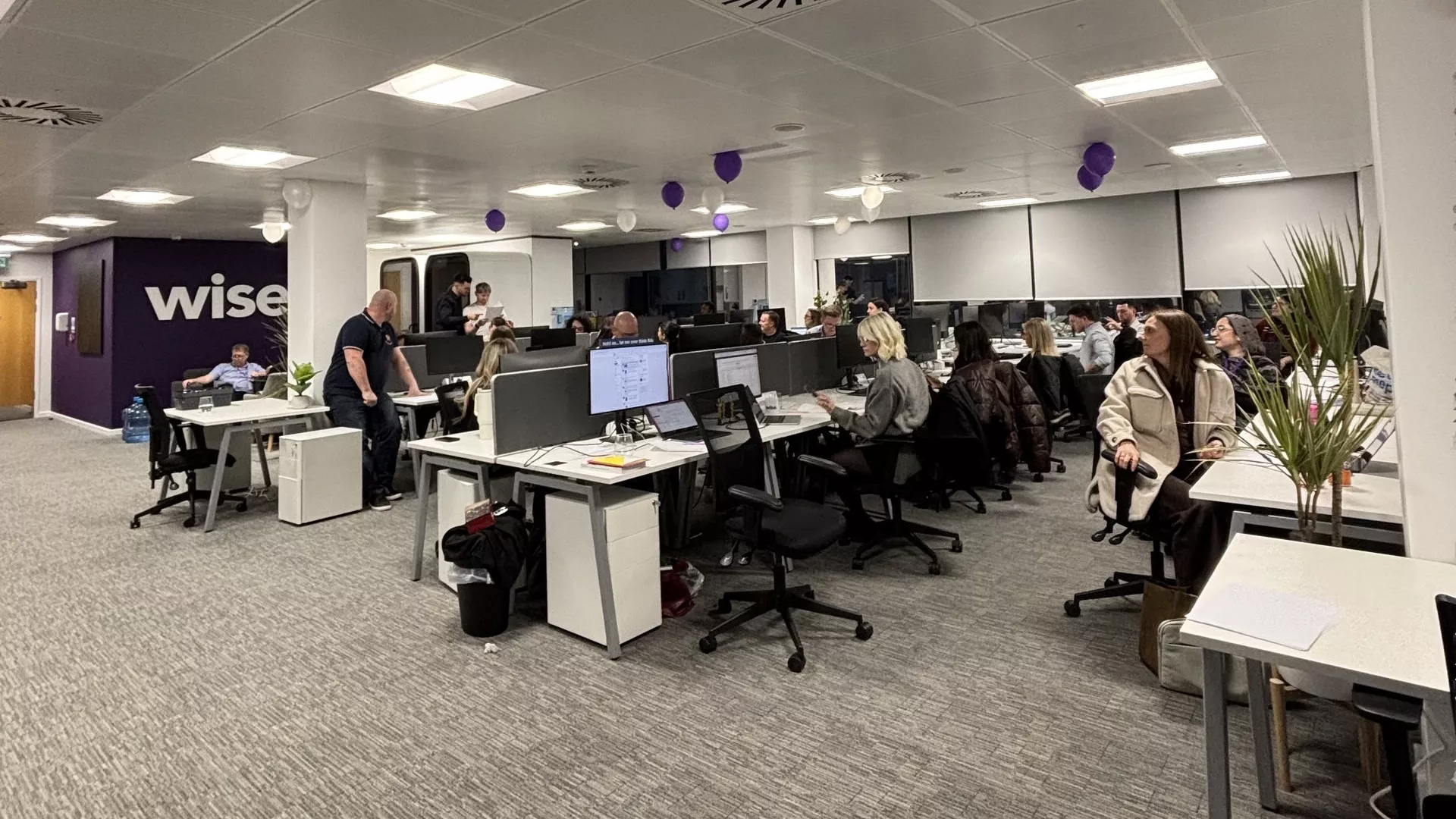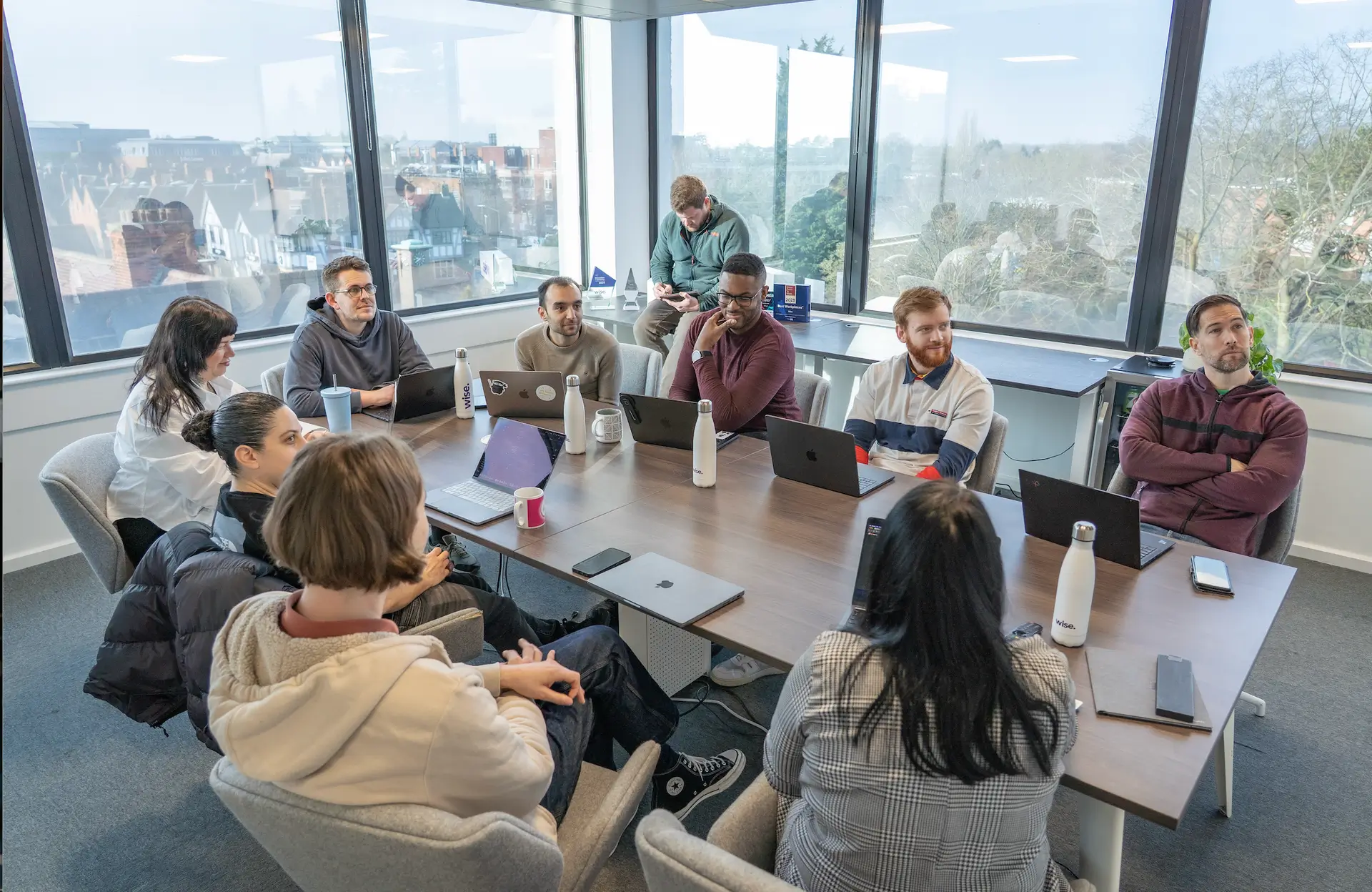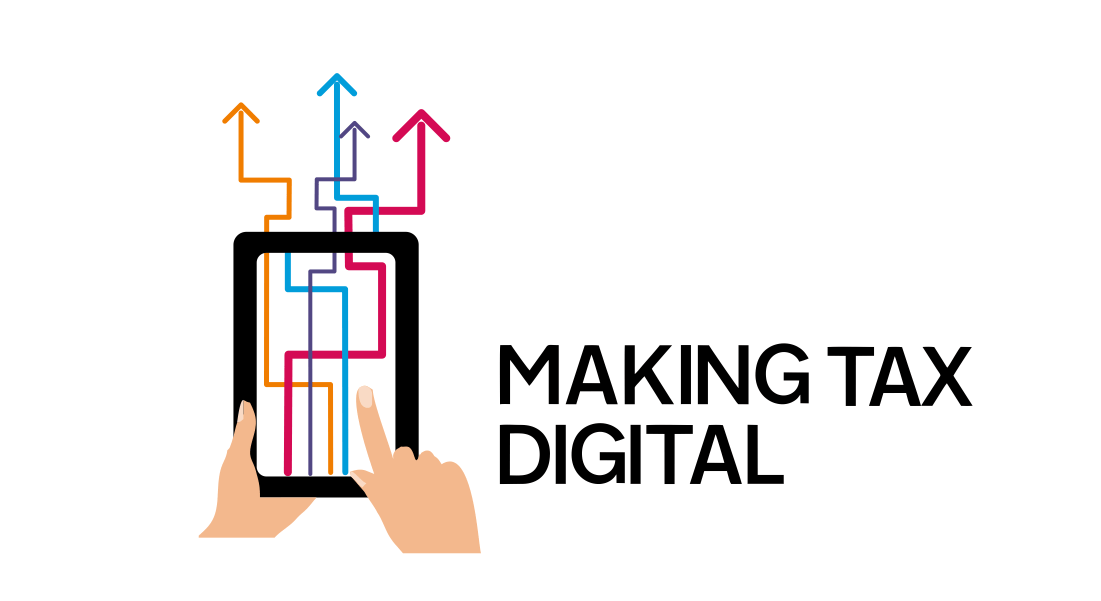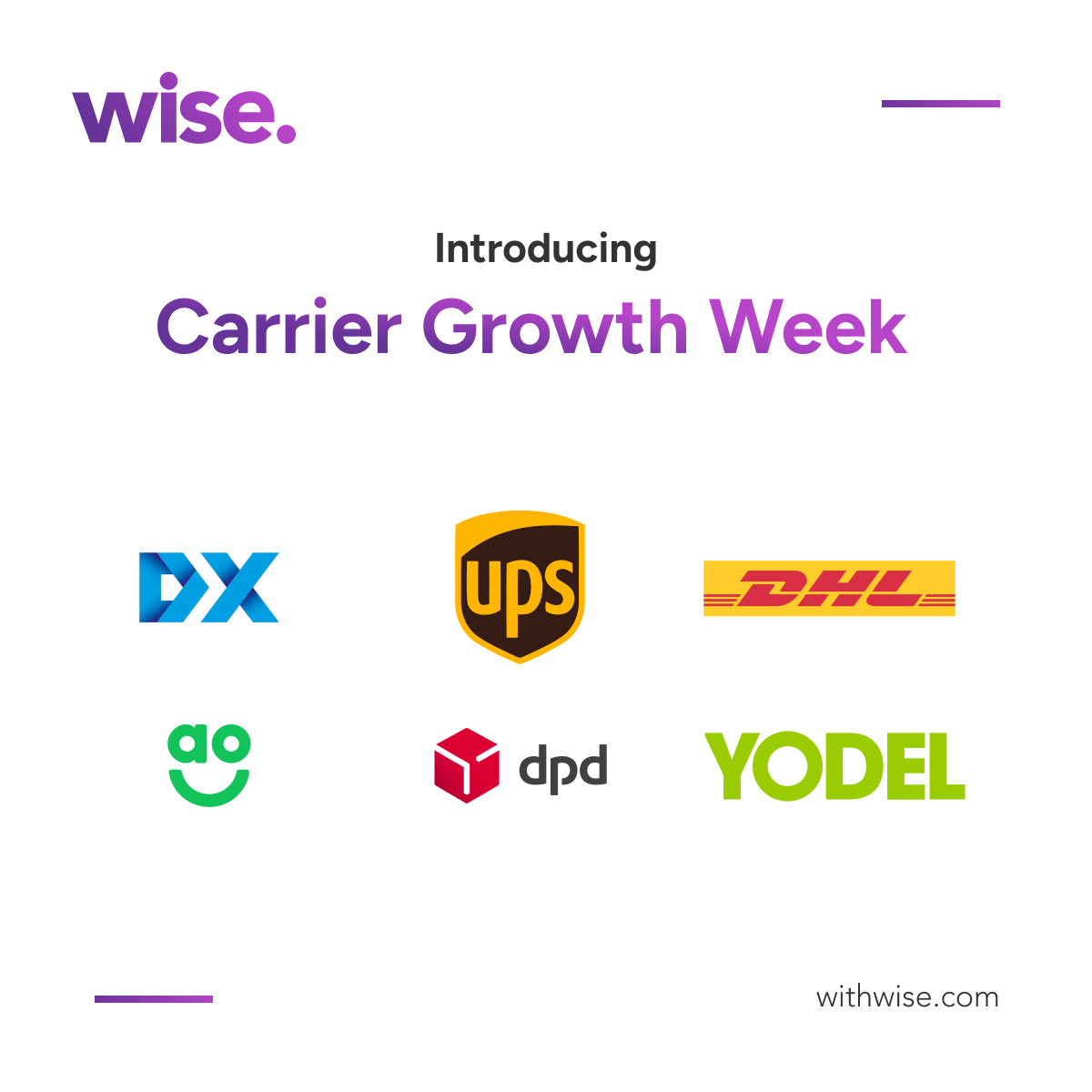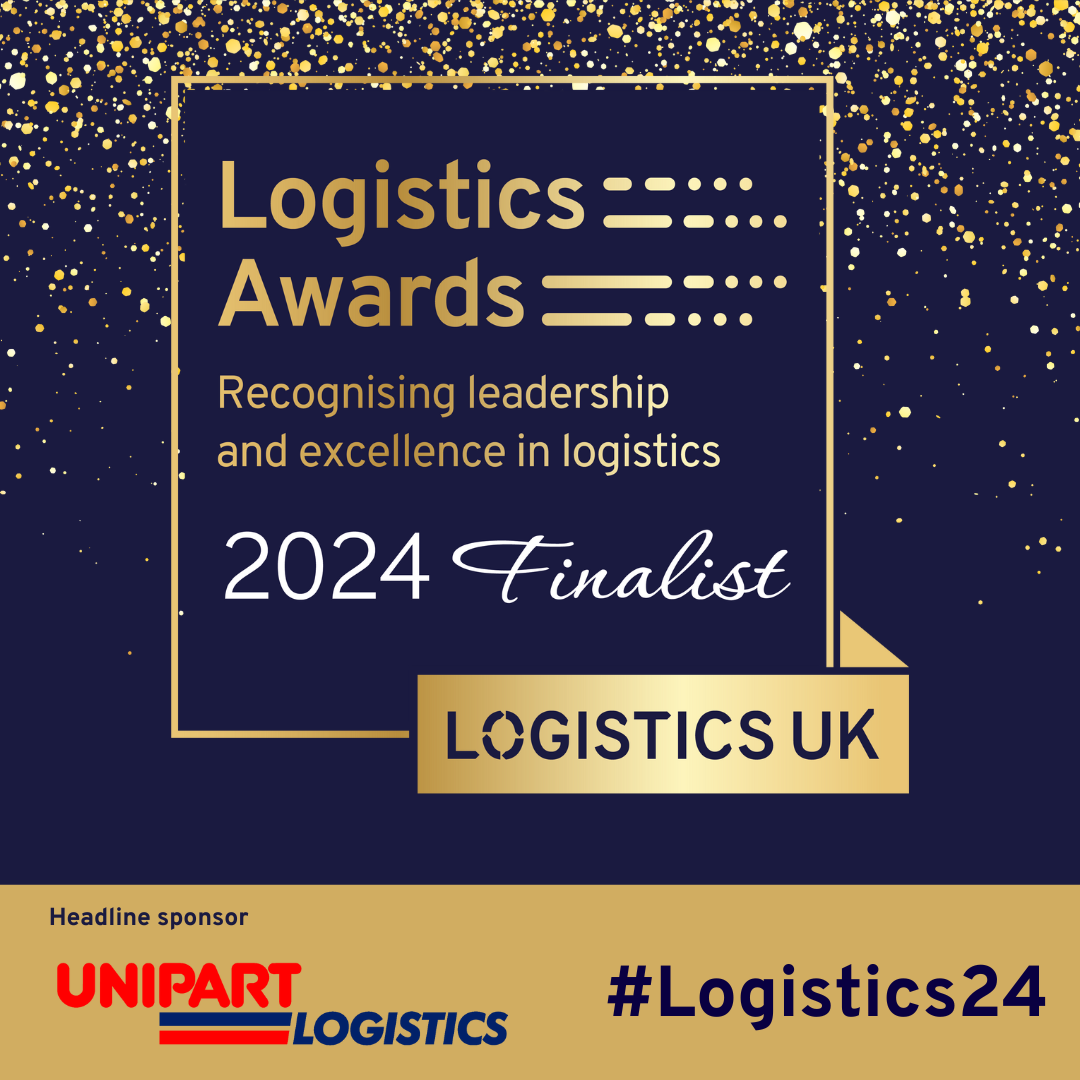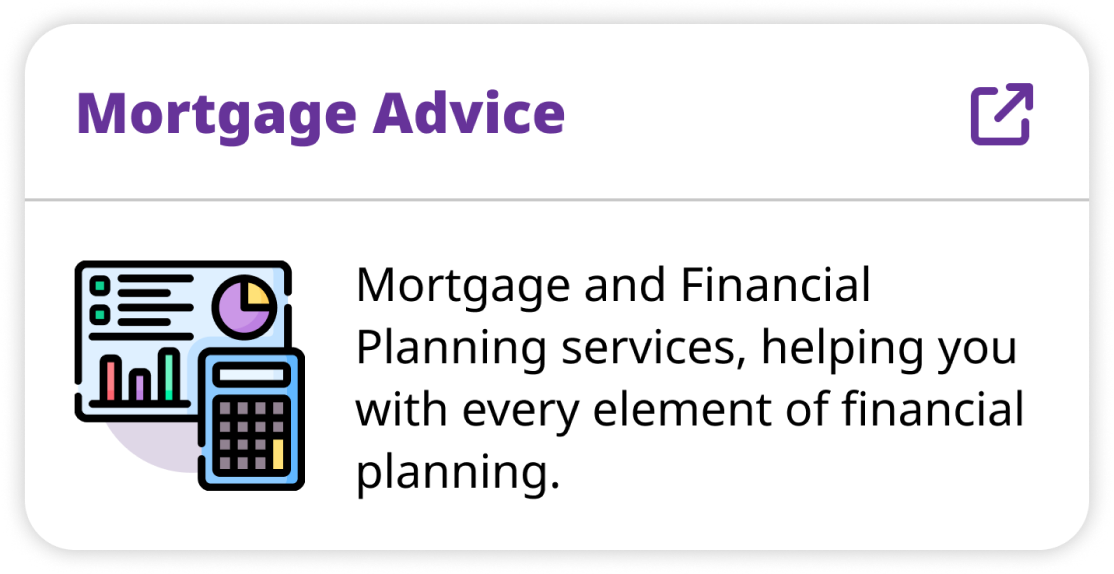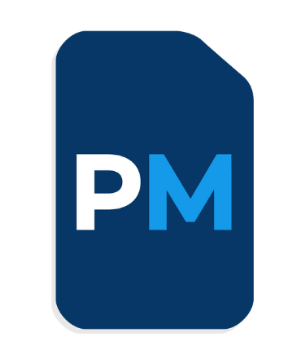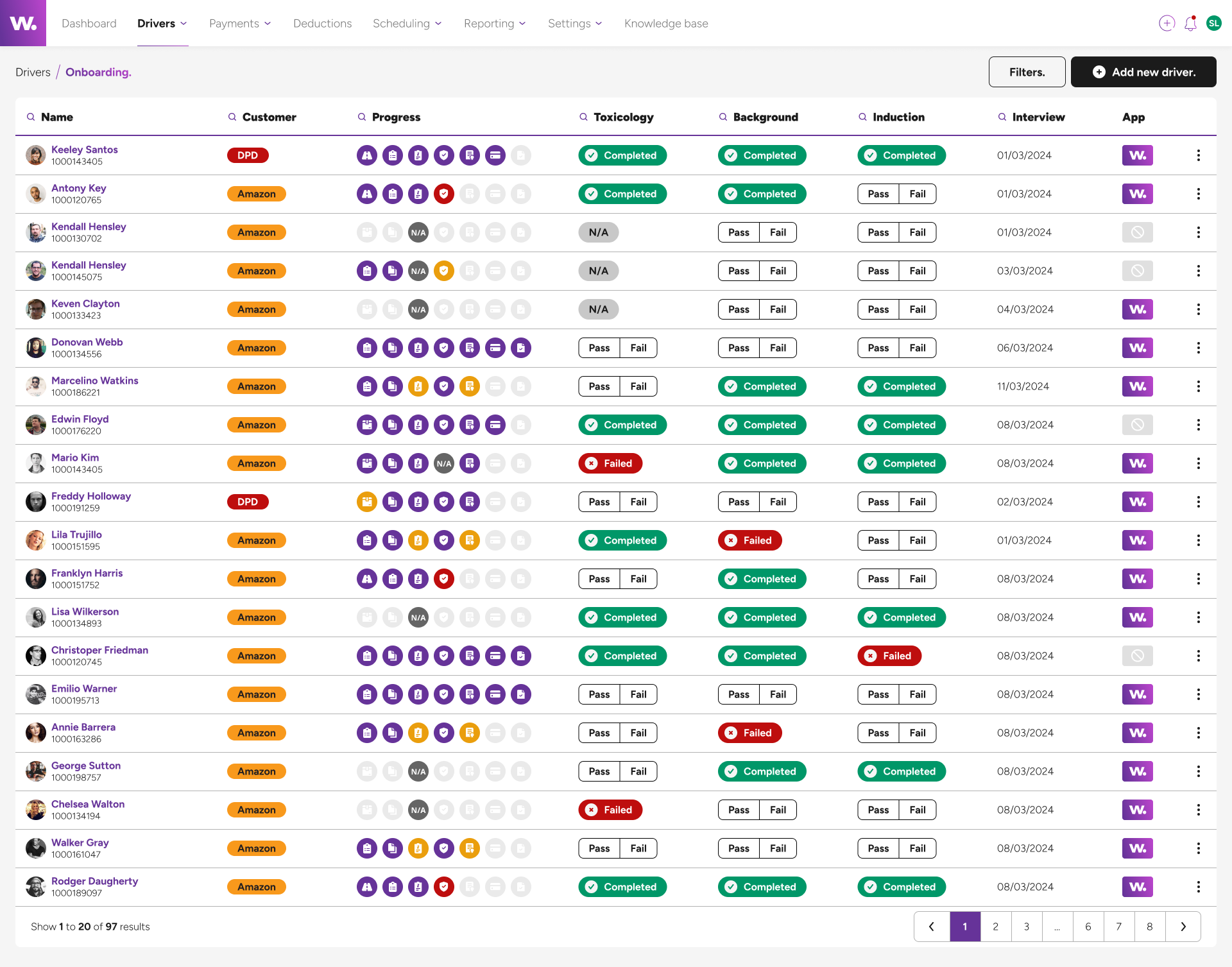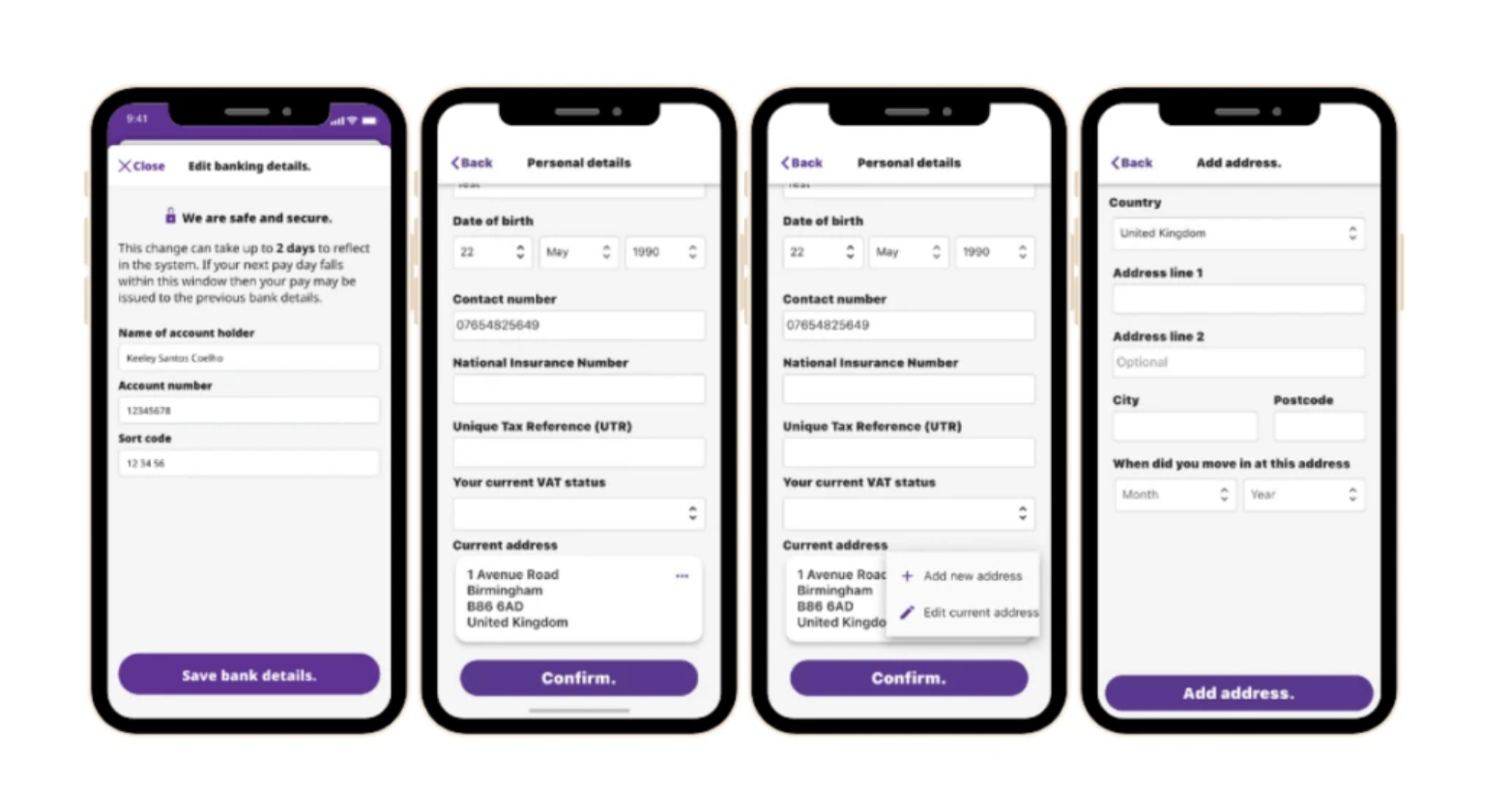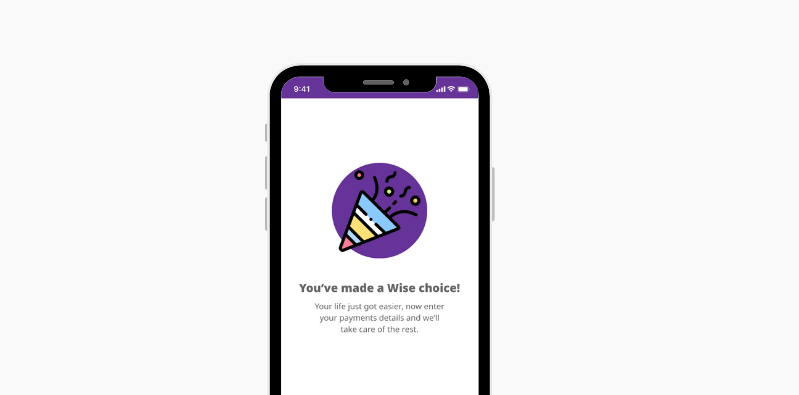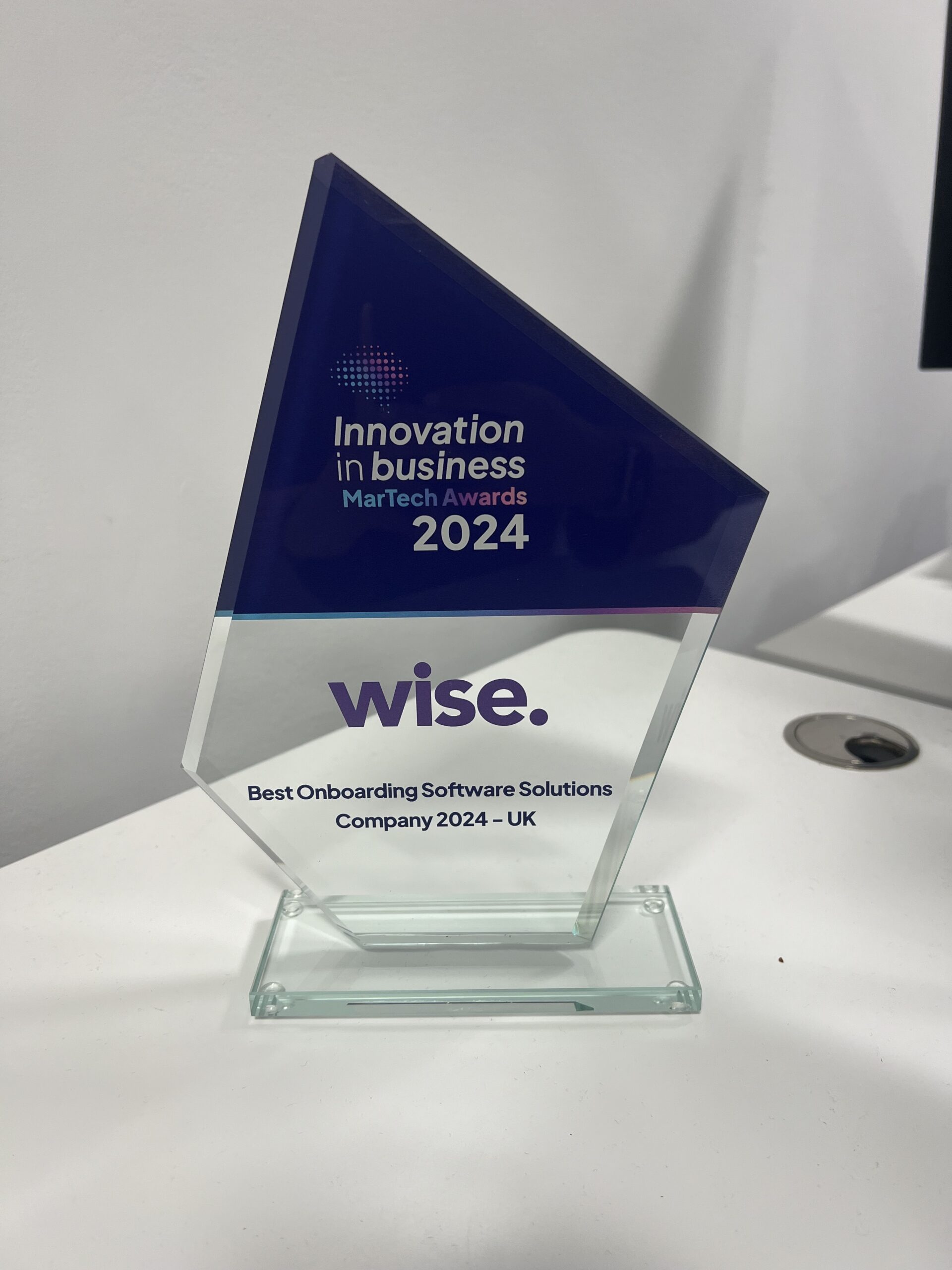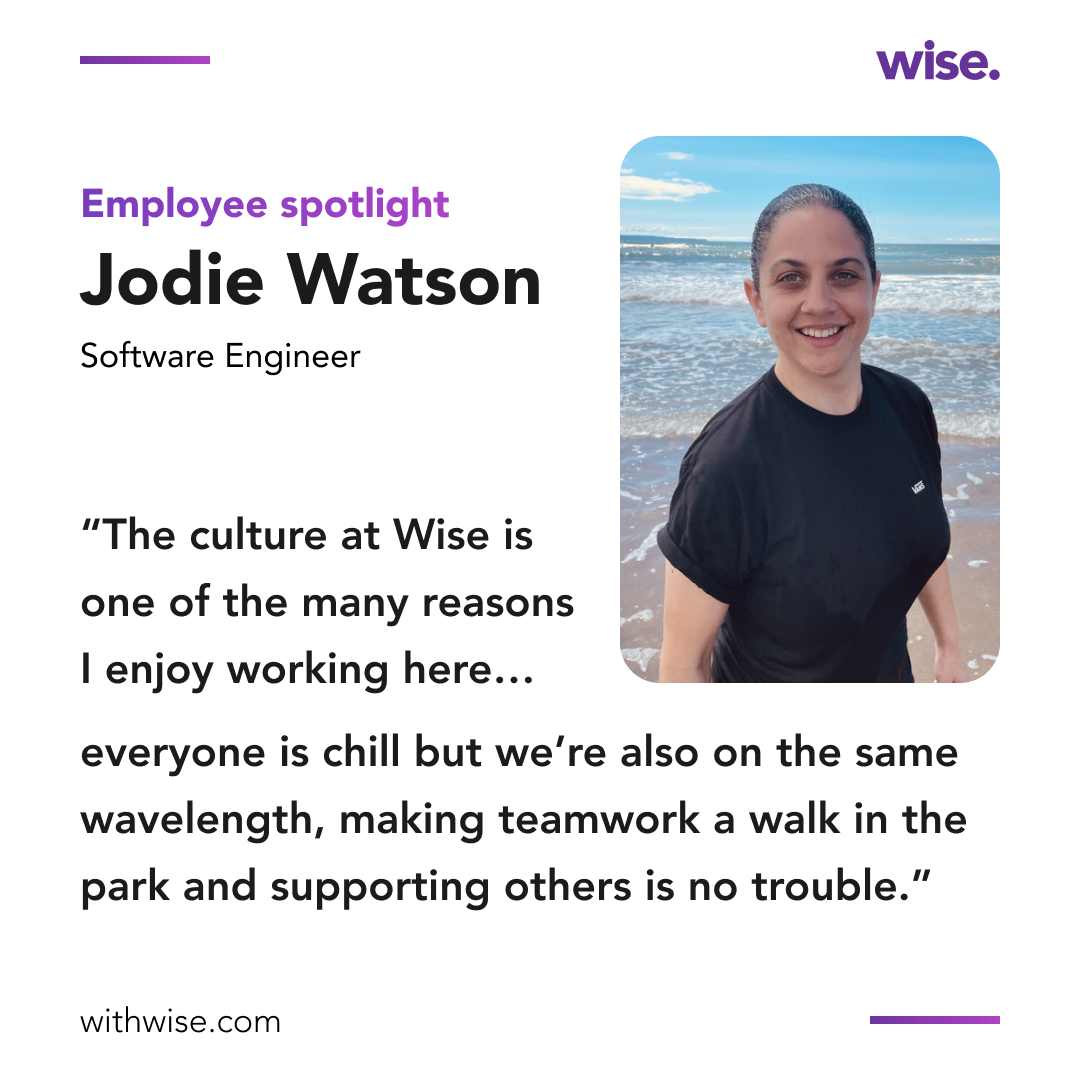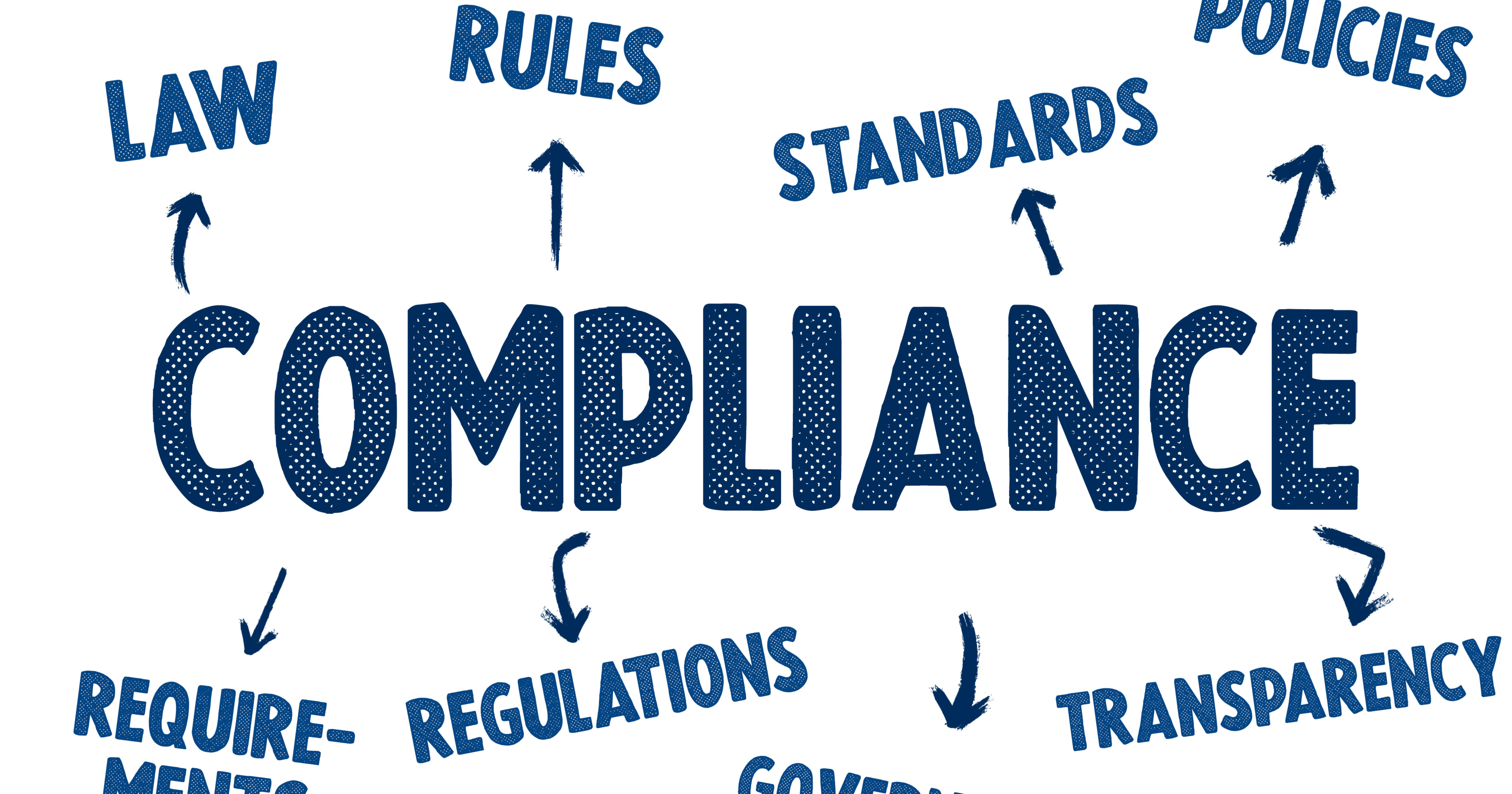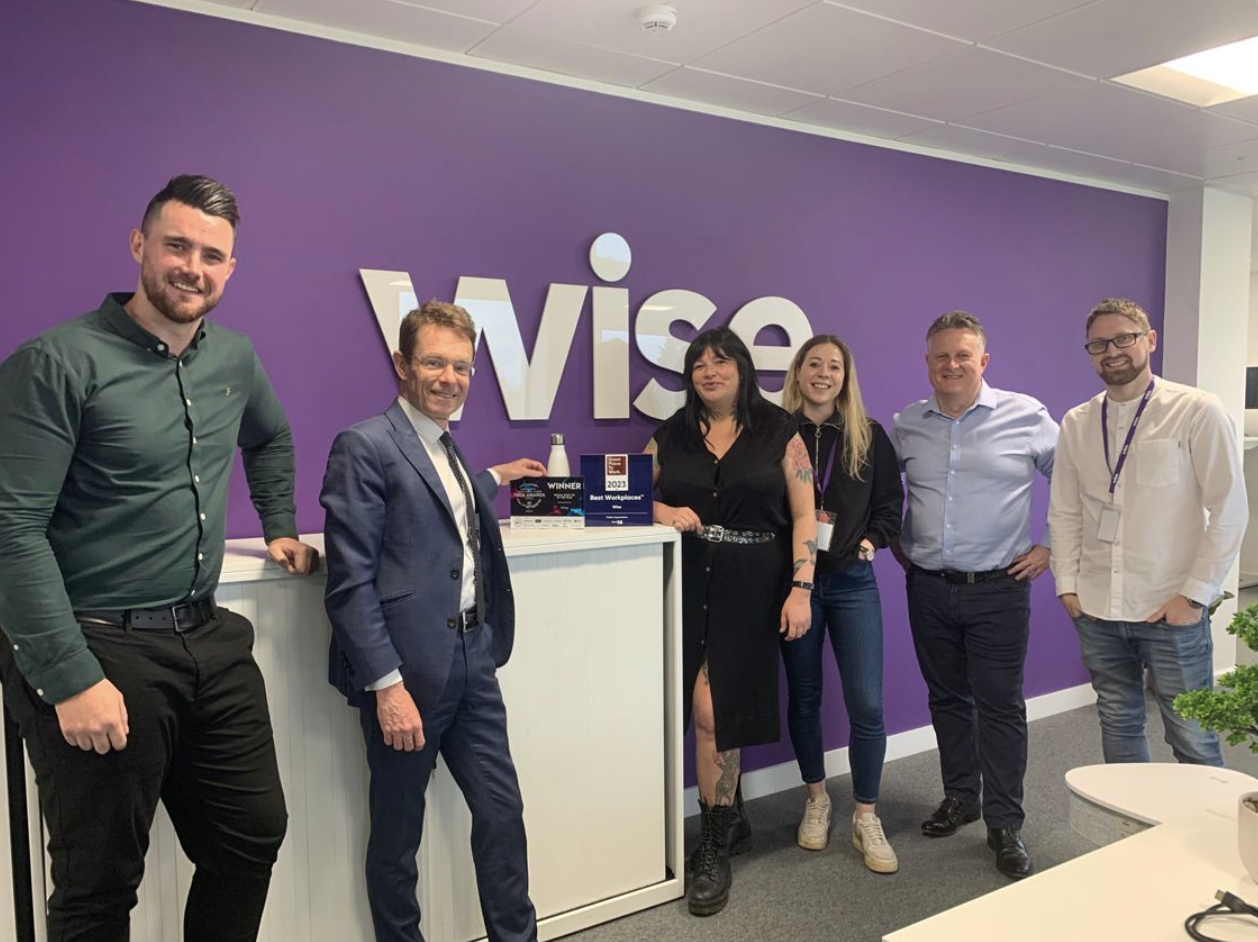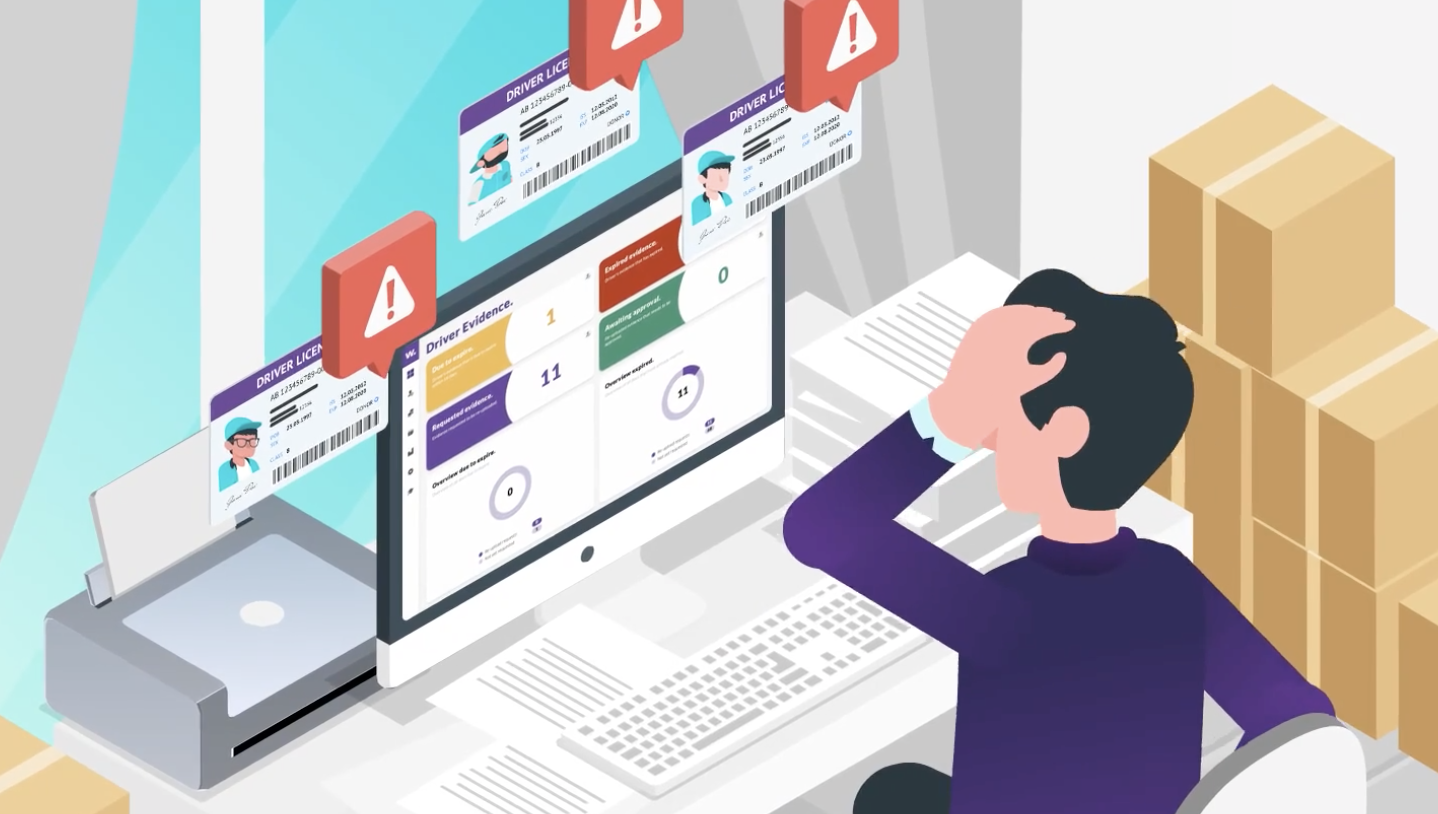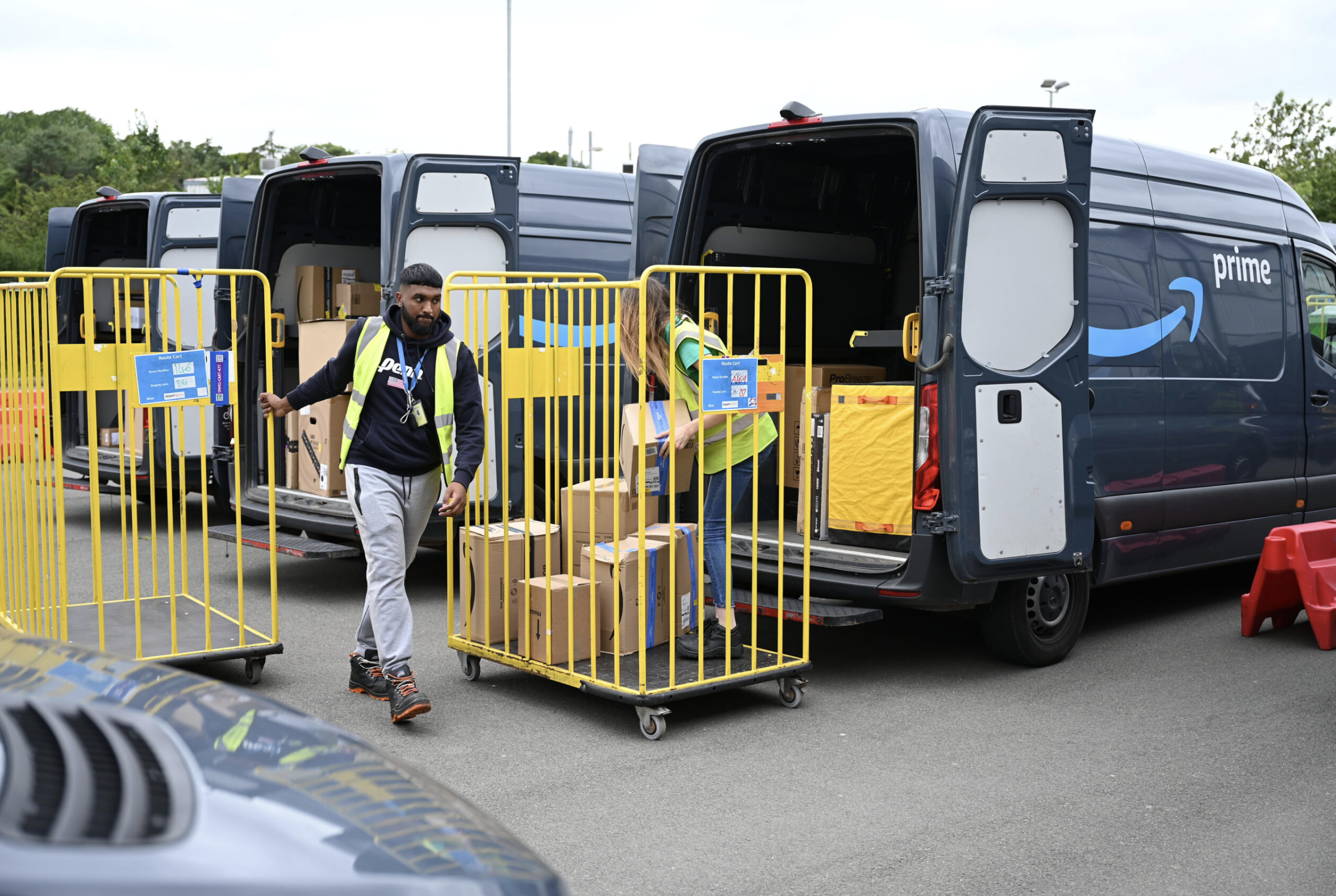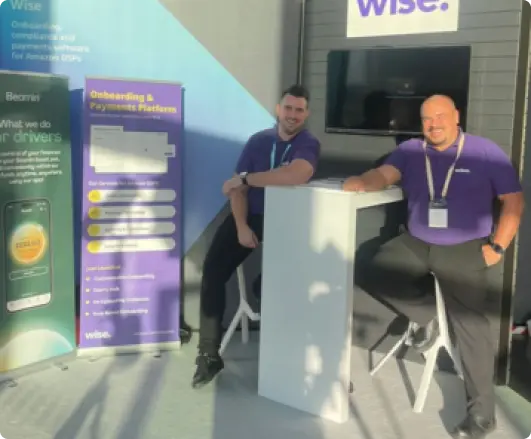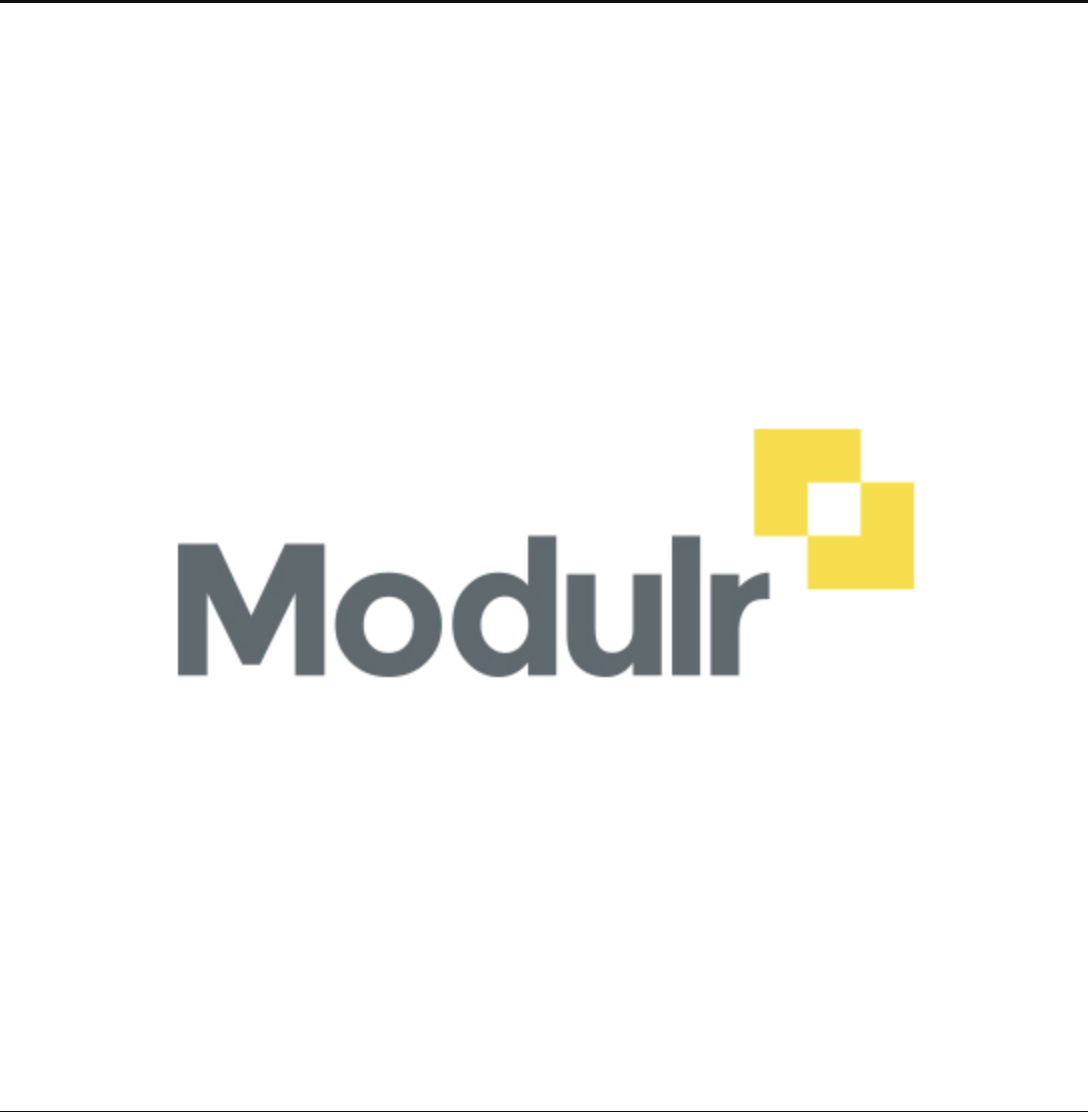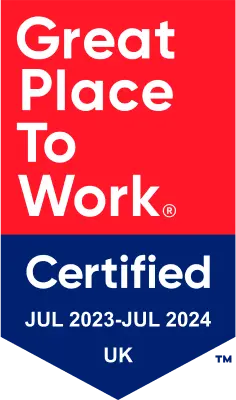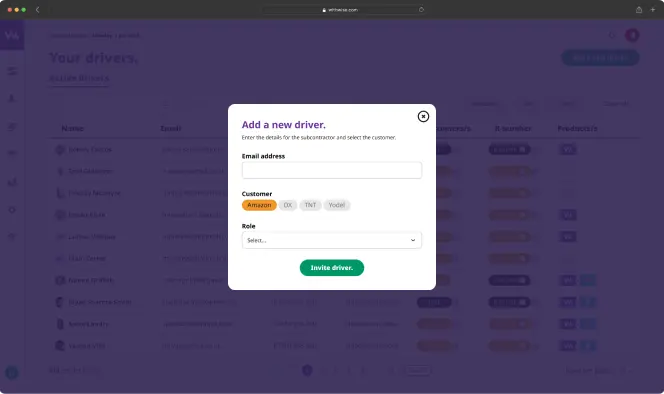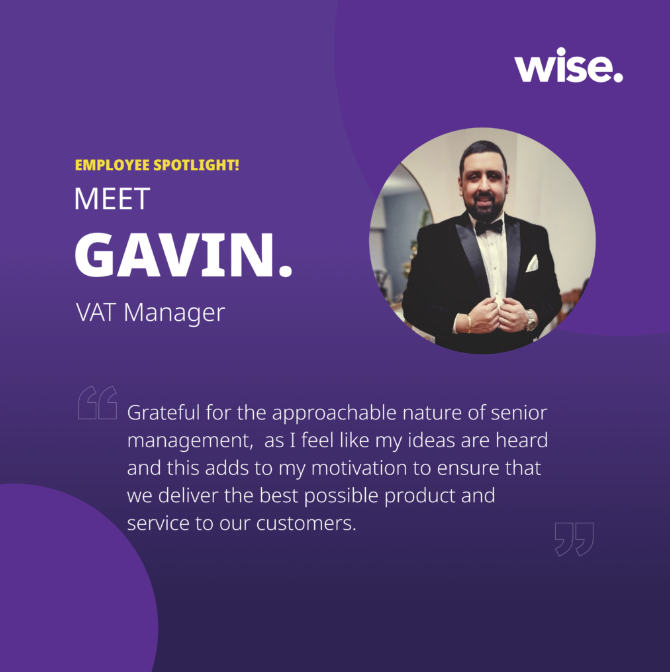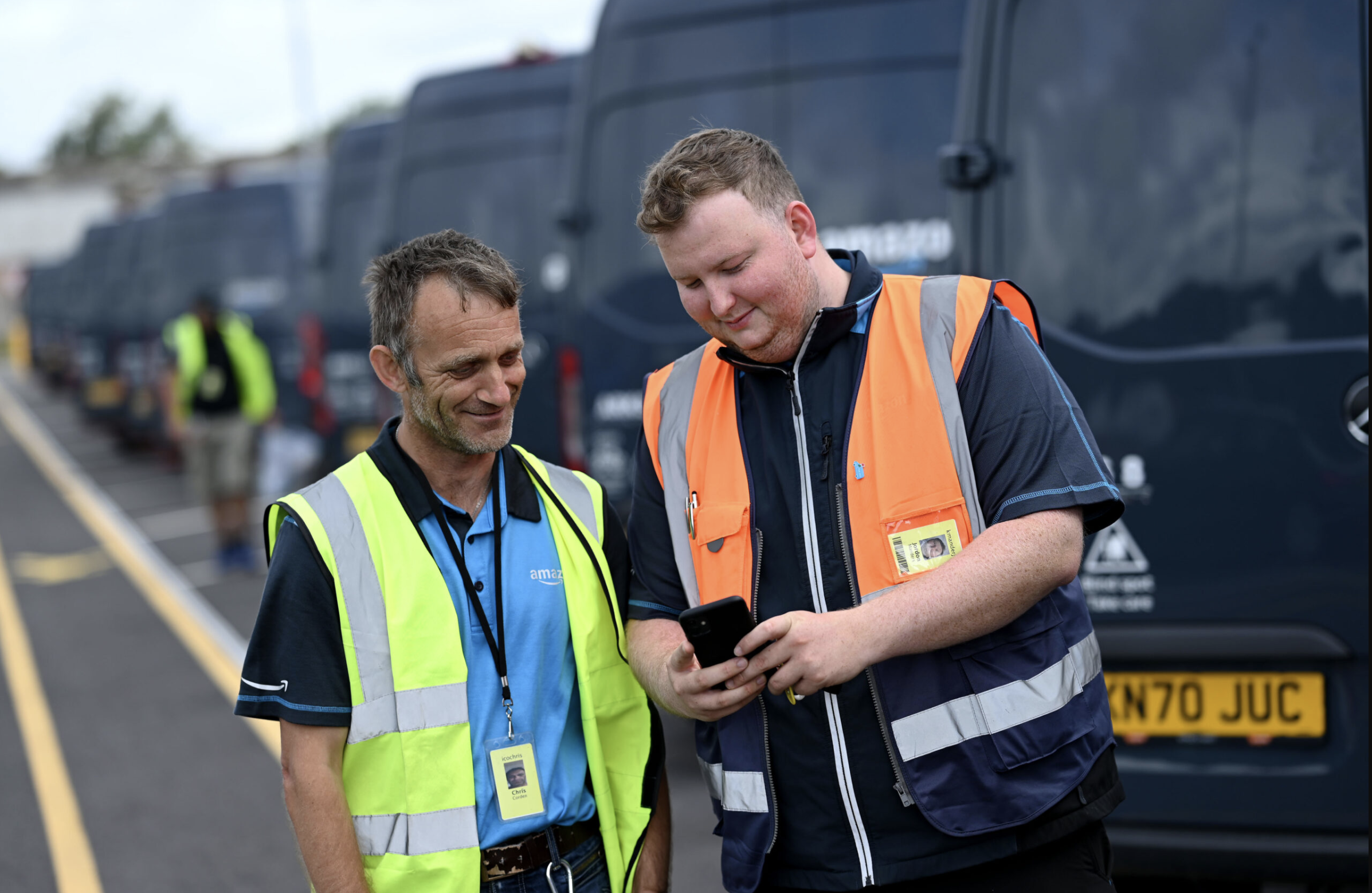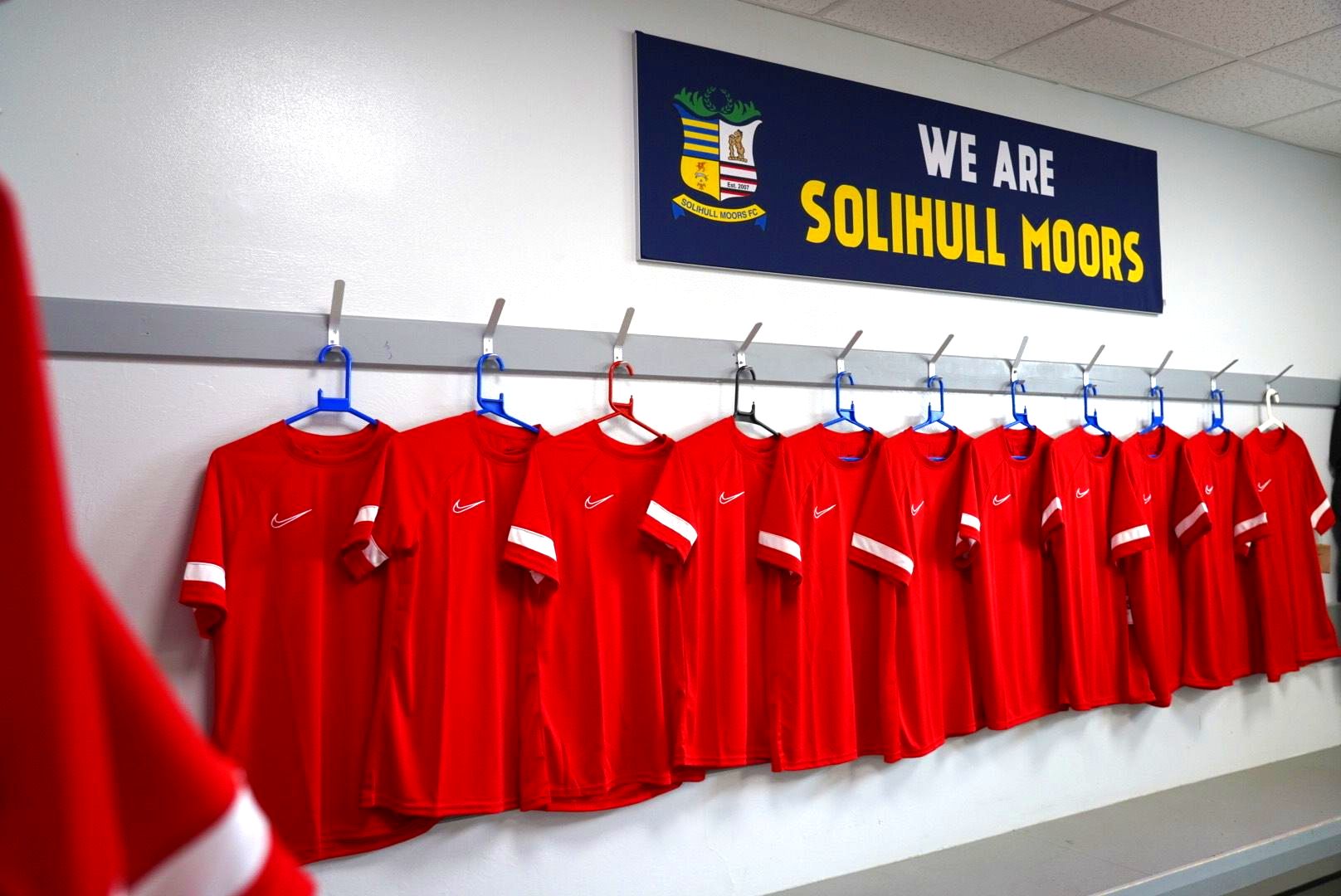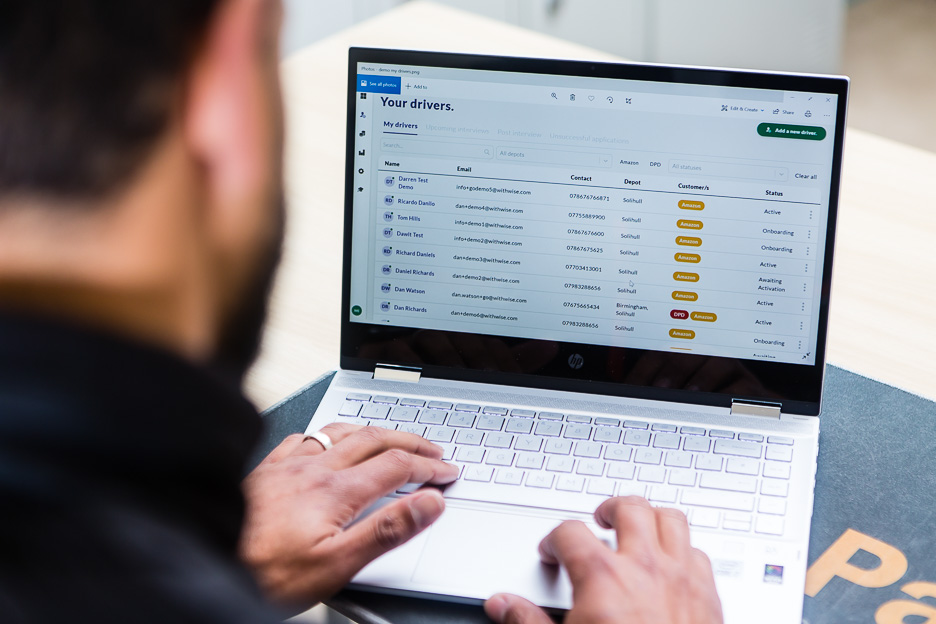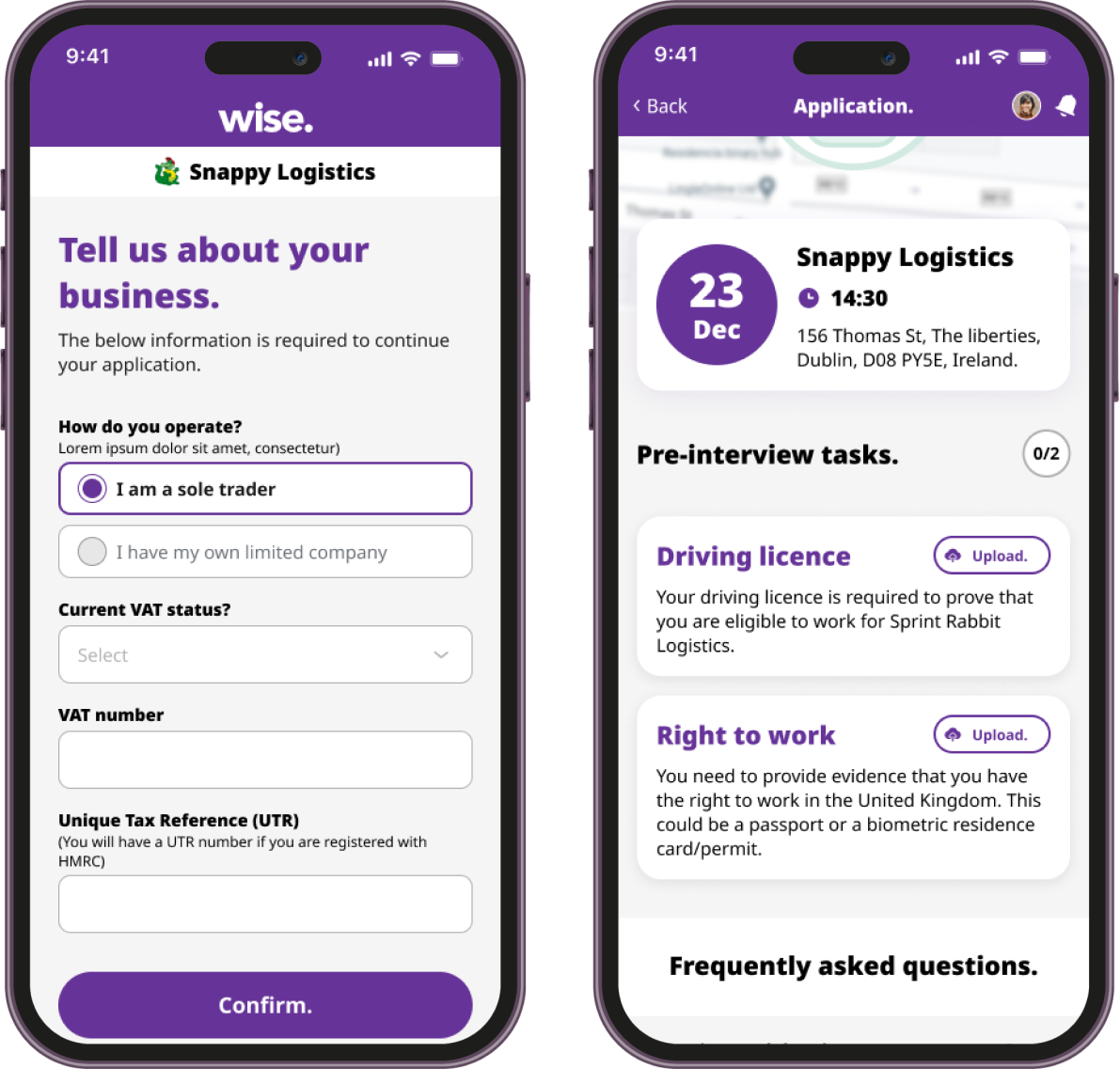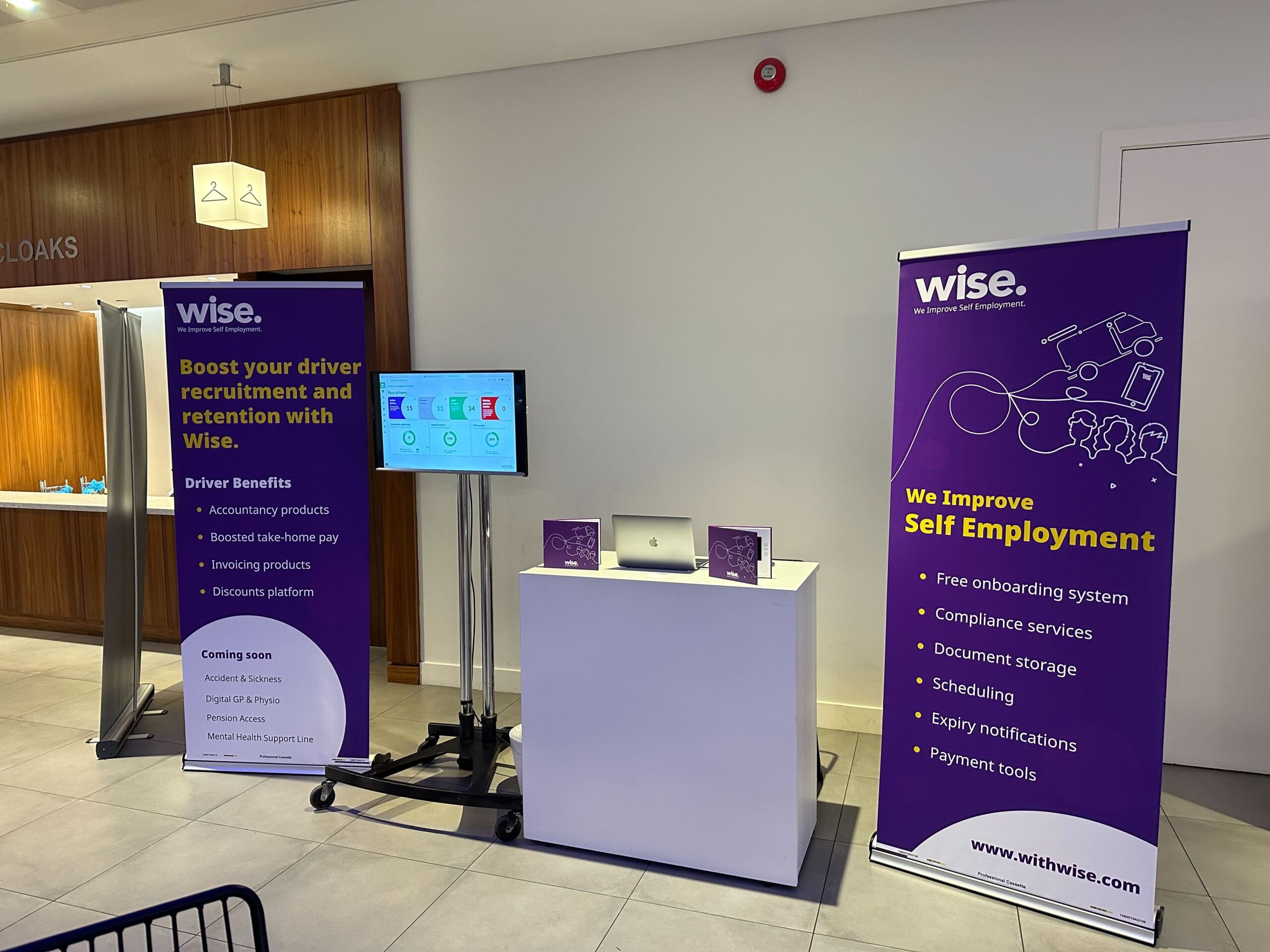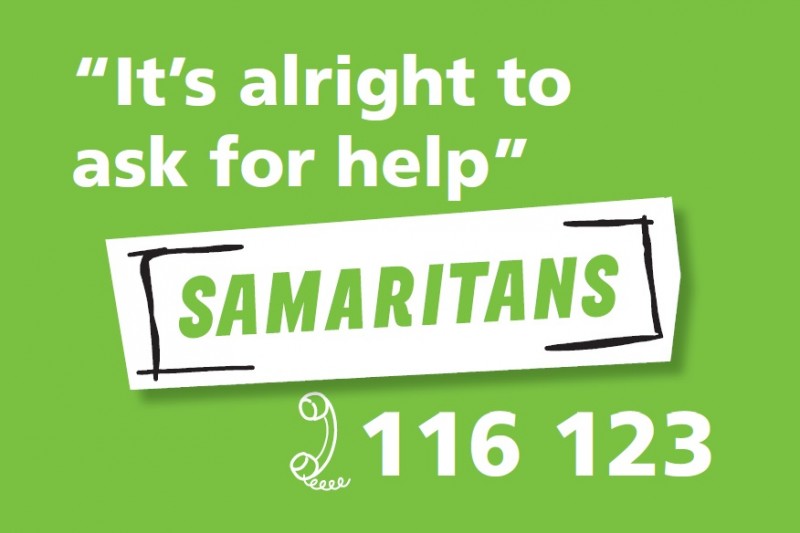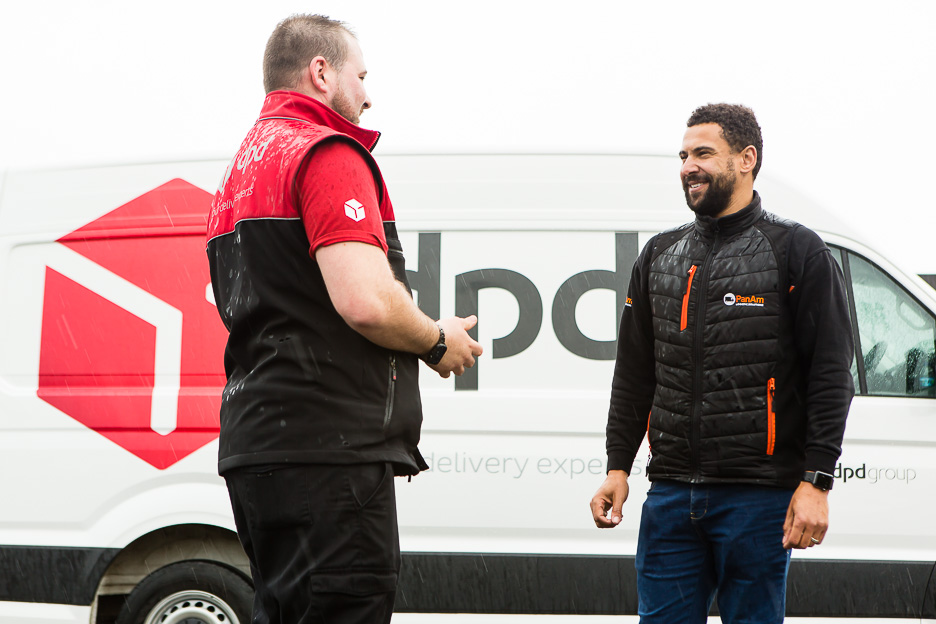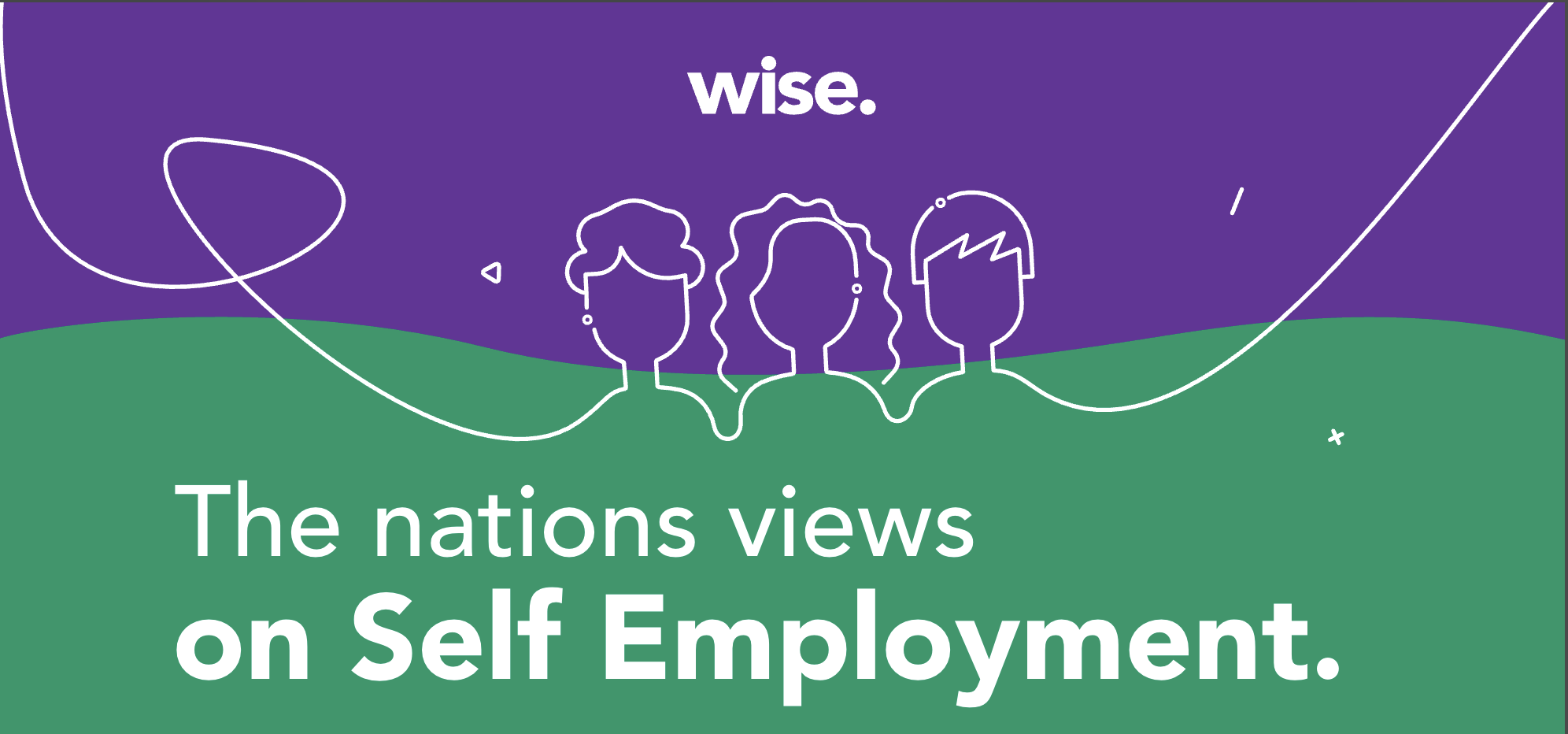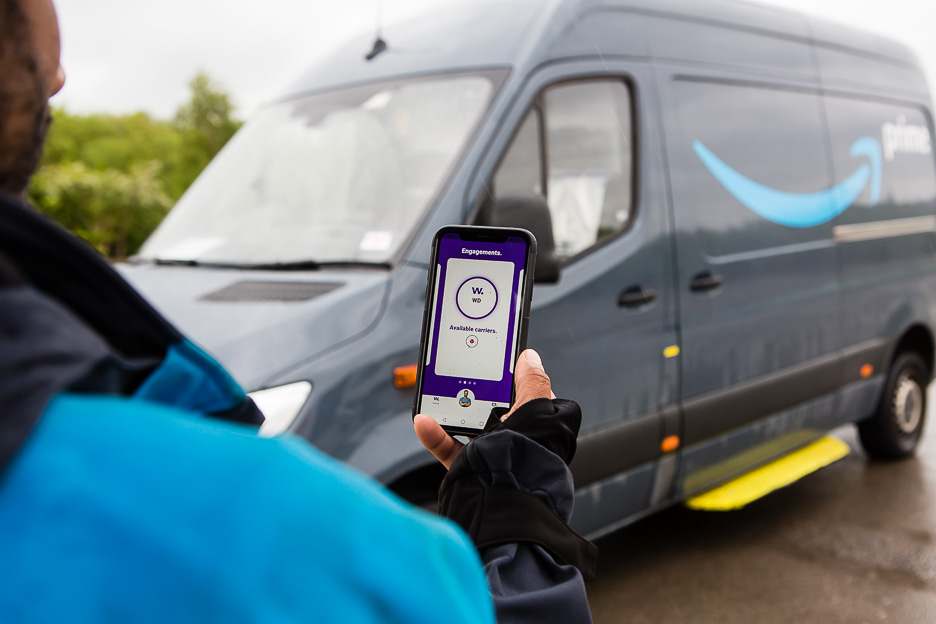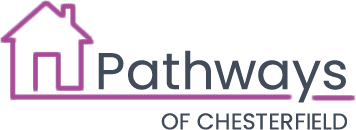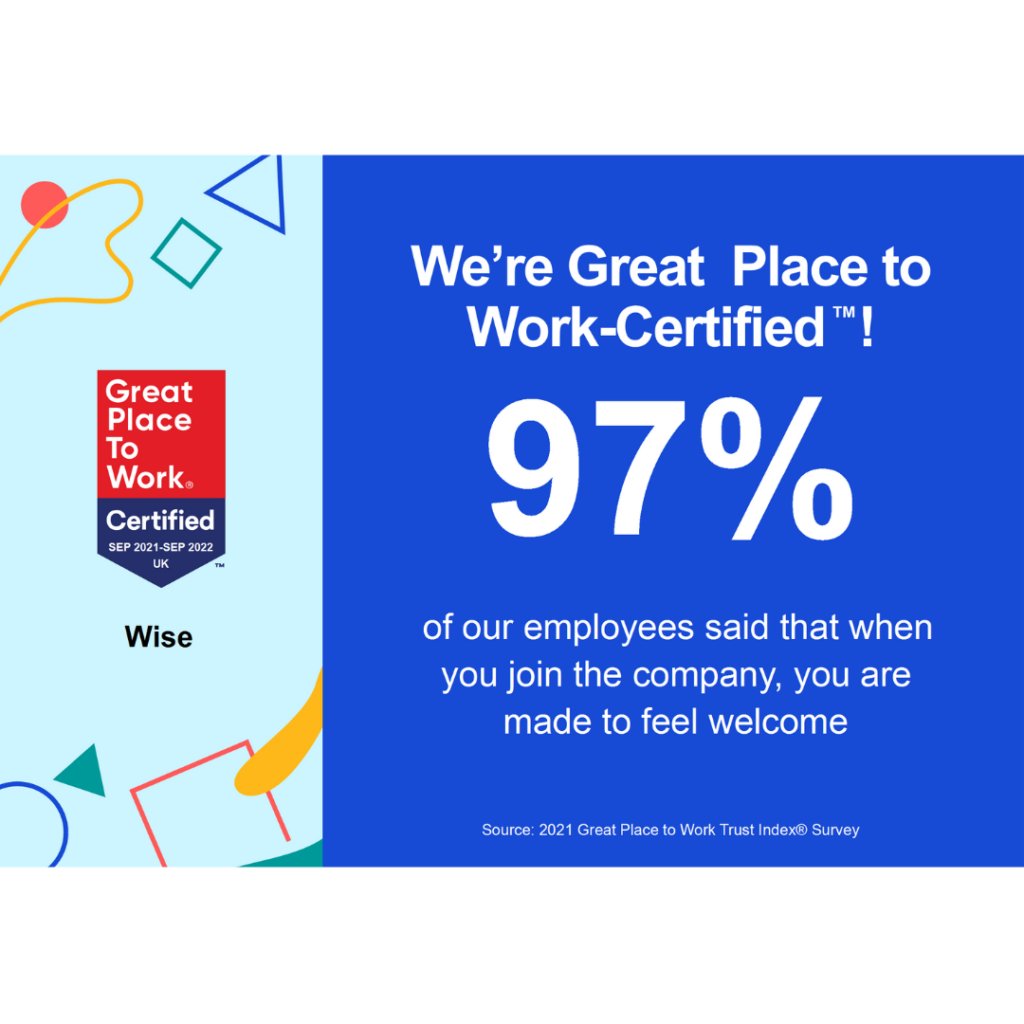Fundamentally, onboarding can be a slow and complex process. Getting subcontractors up and running often means balancing speed with accuracy, and compliance with convenience. This can be an incredibly difficult task, and is likely to cause complications further down the line if not done properly.
But when done right, the contractor onboarding process becomes much more than an admin requirement. It turns into a powerful foundation for a stronger, safer, and more compliant workforce.
What is a contractor onboarding process?
The onboarding process is the series of steps that helps new employees or subcontractors become familiar with your business. It’s designed to confirm they’re legally eligible to work, happy with contract details, set clear expectations, and introduce them to their role and responsibilities.
It’s also the perfect opportunity to discuss important details like how payments will work, what standards are expected, and how success is measured.
The contractor onboarding process focuses specifically on subcontractors, and making sure they’re verified, compliant, and ready to work safely and confidently.
When onboarding is rushed or inconsistent, it can lead to miscommunication, compliance issues, and high turnover. Constantly replacing subcontractors drains time and resources. That’s why an efficient, compliant onboarding process is so important, as it’s a key part of building a reliable, long-term workforce.
How long does subcontractor onboarding take?
The time it takes to onboard someone can vary widely depending on how it’s done. The process has the potential to last several weeks, but in most cases, it will take a few days. It’s for this reason that traditional, manual onboarding often drags on, and results in a lot of time spent chasing paperwork, processing documents, and managing endless admin.
With a digital onboarding process, the experience changes drastically. Subcontractors can complete every step in minutes instead of weeks. This is achieved by digitising every process from document uploading to verification checks.
Using Wise, logistics companies can onboard subcontractors in as little as 10 minutes on average. For businesses, that means less admin and better operations scheduling. For subcontractors, it means getting started and paid without the wait.
What are the phases of a contractor onboarding process?
No matter how you choose to onboard, the process will almost always follow four key phases. Each one plays an important role in helping subcontractors settle in, stay compliant, and start working with confidence.
1. Pre-onboarding
As the name suggests, pre-onboarding starts the moment a subcontractor agrees to work with your business and ends on their first day.
This phase focuses on gathering the essential information you need to get them set up, including:
- Proof of ID and right to work
- Bank details and payment information
- Insurance and vehicle documents (if required)
Getting this right early on helps avoid last-minute delays and keeps the process moving smoothly.
2. Orientation
Orientation begins on the subcontractor’s first day and helps them get familiar with your business and how it operates.
It’s the stage where they’re introduced to:
- Company policies and procedures
- Health and safety standards
- Work expectations
The goal here is clarity. With clarity comes the confidence that subcontractors need to start strong from day one.
3. Induction
Once orientation is complete, it’s time to focus on induction. This phase usually lasts up to three months and gives subcontractors the tools and knowledge they need to do their job safely and effectively.
Typically, induction will cover:
- Which people they will need to report to
- What they’ll need for the job, as well as things to look out for
- What to do if something goes wrong
- How and what they should do if they leave
Ongoing induction not only improves performance but also builds loyalty and trust between your business and your subcontractors.
4. Integration
Integration is the final phase of the contractor onboarding process, and is an ongoing one.
This stage is all about helping subcontractors feel like part of the time, and includes:
- Regular feedback and performance check-ins
- Opportunities for learning and development
- Continued support to strengthen working relationships
When subcontractors feel supported, they’re more likely to stay longer and perform better, meaning your business runs more smoothly.
Common challenges in contractor onboarding processes
Even with plenty of onboarding experience, challenges can still appear along the way. Here are some of the most common issues businesses face when onboarding subcontractors, as well as how to overcome them:
1. Too much paperwork
Onboarding can often feel overwhelming – especially in fast-paced industries like logistics, where new subcontractors are always needed. That means a ceaseless cycle of contracts, policies, document chasing, and verification.
And when it’s managed manually, the risk of errors and missing information skyrockets.
A reliable solution for this issue is to use digital tools to automate document collection and signing. With Wise, for example, subcontractors can upload and sign all required documents directly in-app. The process is quick and secure, and removes the need for a lot of paperwork. Everything is stored in one place for instant access later, saving time during audits or when referencing policies.
2. Lack of clarity in roles
If expectations aren’t clearly established from the start, subcontractors may feel unsure about what’s required of them. This confusion can easily lead to mistakes, frustration, or even early turnover.
To avoid this, make sure you’re appropriately documenting and sharing role responsibilities early in the onboarding process. Keeping communication clear and consistent helps subcontractors understand what’s expected of them. This helps to reduce the likelihood of misunderstandings and improves performance right from the start.
3. Poor access to information
Subcontractors need quick, reliable access to essential information. This especially applies when onboarding remotely. If details are scattered across emails or different systems, it’s easy for key documents to be missed or lost.
Using a centralised system that keeps everything in one place is a surefire fix for this issue. With Wise, you get unlimited document storage, allowing you to store and organise all onboarding materials, contracts, and policies in one secure hub.
Better yet, Wise combines onboarding, payments technology, and compliance in a single, easy-to-use platform. This lets you manage everything seamlessly from one app, whilst never losing track of any documents.
4. Manually onboarding
Manual onboarding is one of the biggest challenges businesses face, and it’s a challenge that gets harder during busy periods. When tracking progress across spreadsheets or emails, it’s easy to lose track of which subcontractor is in which stage of onboarding.
Switch to a digital workflow that gives you real-time visibility of every subcontractor’s progress to ease the difficulties that come with manual onboarding. With Wise, logistics companies save an average of 17 hours a week on admin through features like:
- Unlimited document storage – Every document submitted or signed in Wise is stored indefinitely in one secure location, accessible at any time with just a few clicks.
- Tailored onboarding journeys – Customise onboarding steps, tasks, and required documents for each role or business area.
- Subcontractor self-onboarding – Wise lets subcontractors onboard themselves. They’re guided through each step, upload their documents directly through the app, and you can track progress in real time.
How to keep the onboarding process moving with Wise
Subcontractors are the driving force behind any logistics business – keeping operations moving, especially during peak. But when onboarding becomes slow or disorganised, it can disrupt everything. Schedules can become delayed and processes become less efficient, which ultimately end up damaging the customer experience.
Wise is a software solution that was built with these issues in mind. Designed specifically for logistics businesses, it makes the contractor onboarding process simple and fast, all while maintaining compliance. This is what allows your operations to keep running smoothly.
With Wise, you can:
- Onboard subcontractors in as little as 10 minutes.
- Collect, sign, and store documents digitally with unlimited storage.
- Customise onboarding journeys to match different roles or regions.
- Automate compliance reminders and licence expiry alerts.
- Manage onboarding, payments systems, and retention all from one platform.
By staying on top of your onboarding process and following a structured workflow, you make life easier for everyone. Logistics companies onboard faster, subcontractors get to work sooner, and compliance risks drop dramatically.


